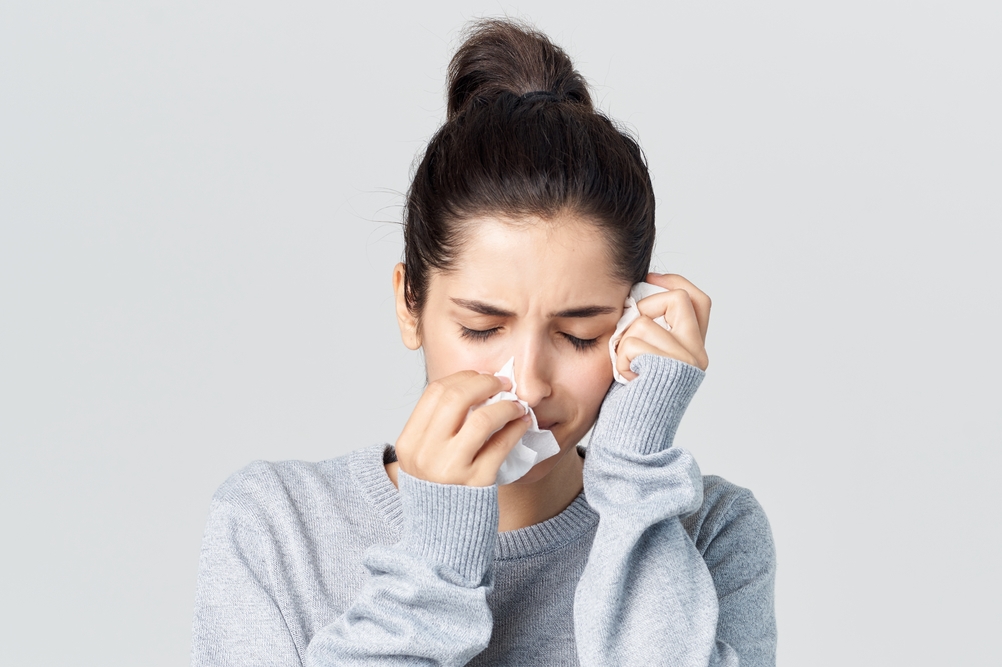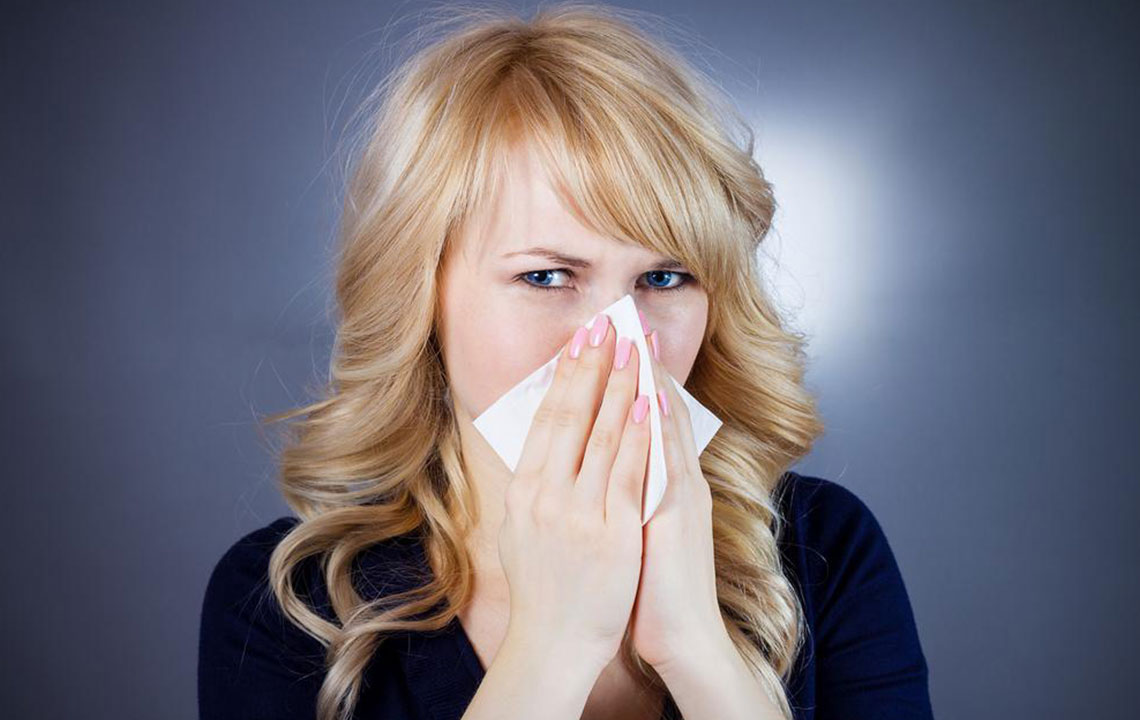Comprehensive Guide to Alleviating Sinus Congestion and Blockages
Discover comprehensive and practical strategies to relieve sinus congestion, including home remedies, lifestyle tips, and when to seek medical attention. Learn how hydration, steam inhalation, essential oils, and nasal irrigation can alleviate symptoms and promote sinus health effectively, ensuring better respiratory comfort and overall well-being.

Comprehensive Strategies for Easing Sinus Congestion
Sinuses are vital air-filled cavities within the skull that perform crucial roles such as filtering and humidifying the air we breathe, thus protecting our respiratory system. These cavities are positioned around the nasal area, including the maxillary sinuses located in the cheekbones above the upper jaw, the frontal sinuses near the forehead, ethmoid sinuses between the eyes, and sphenoid sinuses deeper in the skull. When these sinuses become inflamed or swollen due to infections, allergies, or irritants, it results in sinus congestion, pressure, and discomfort.
Sinus blockage is a common health issue affecting millions worldwide, characterized by symptoms such as nasal congestion, facial pain, pressure around the cheeks, forehead, and eyes, thick nasal discharge, headache, and sometimes fever. Various factors contribute to sinus blockage, including viral infections such as the common cold, bacterial infections, allergies to pollen, dust, or pet dander, structural issues like nasal polyps or deviated septum, and environmental pollutants.
When pathogens or allergens invade the sinus cavities, the body's immune response triggers increased blood flow and white blood cell activity, leading to inflammation and swelling of the mucous membranes. This swelling narrows the sinus openings (osti), hindering normal drainage and causing accumulation of mucus, which exacerbates congestion and discomfort. Addressing sinus blockages involves both alleviating the symptoms and targeting the root causes for longer-term relief.
Effective management requires a combination of home remedies, lifestyle modifications, and, in some cases, medical intervention. Rest and proper hydration are foundational to support the immune system and promote recovery. Consuming nutritious, protein-rich foods provides essential nutrients that assist the immune response and accelerate healing.
Home Remedies and Lifestyle Tips for Sinus Relief
Hydration: Drinking plenty of fluids such as water, herbal teas, and broths helps thin the mucus, making it easier to drain and clear from the sinuses. Warm liquids, particularly homemade chicken soup, not only hydrate but also provide soothing relief to inflamed mucous membranes.
Steam Inhalation: Inhaling steam aids in moistening the nasal passages and loosening thick mucus. This can be achieved by breathing over a bowl of hot water with a towel draped over the head to trap the steam. For enhanced benefits, add essential oils like eucalyptus, menthol, or camphor, which have vasoconstrictive properties that reduce swelling and promote sinus drainage.
Using Essential Oils: Menthol, eucalyptus, and camphor are known for their decongestant properties. Applying diluted menthol or eucalyptus oil through steam inhalation or topical application (like on the chest or forehead) can provide quick relief from nasal congestion and reduce sinus pressure.
Nasal Irrigation: Saline nasal sprays or rinses, such as those administered via neti pots, effectively flush out allergens, mucus, and pollutants from the nasal passages. Proper technique and sterile solutions are essential to prevent infections.
Humidify Your Environment: Using a humidifier in dry indoor air environments maintains moisture levels that prevent mucus from becoming too thick and sticky, facilitating easier drainage.
Elevate Your Head While Resting: Keeping your head elevated, especially during sleep, prevents mucus accumulation in the sinuses and reduces congestion.
When to Seek Medical Attention
While most sinus congestion improves with home care, some cases require professional medical evaluation. If symptoms last longer than ten days, worsen, or are accompanied by high fever, facial swelling, severe headache, or yellow-green nasal discharge, consult a healthcare professional promptly. These may be signs of a bacterial sinus infection or other complications that may necessitate antibiotics or advanced treatments.
In persistent cases, your doctor might recommend interventions such as nasal corticosteroid sprays, decongestants, antihistamines for allergies, or even minor surgical procedures to improve sinus drainage. Accurate diagnosis and tailored treatment are essential for effective relief and prevention of recurrent sinus issues.
Additional Preventative Measures
Maintain good nasal hygiene and avoid known allergens.
Use air purifiers to reduce airborne irritants.
Manage underlying allergies with appropriate medications.
Practice good hand hygiene to prevent viral infections that can lead to sinusitis.
In summary, sinus congestion can significantly impair daily life, but with correct understanding and implementation of effective strategies such as proper hydration, steam inhalation, essential oils, nasal irrigation, and lifestyle adjustments, relief is achievable. Recognizing when to seek professional help ensures that underlying issues are addressed comprehensively, promoting recovery and preventing future sinus problems. Consistent home care, combined with medical management when needed, offers the best solutions for sinus health and overall respiratory well-being.




